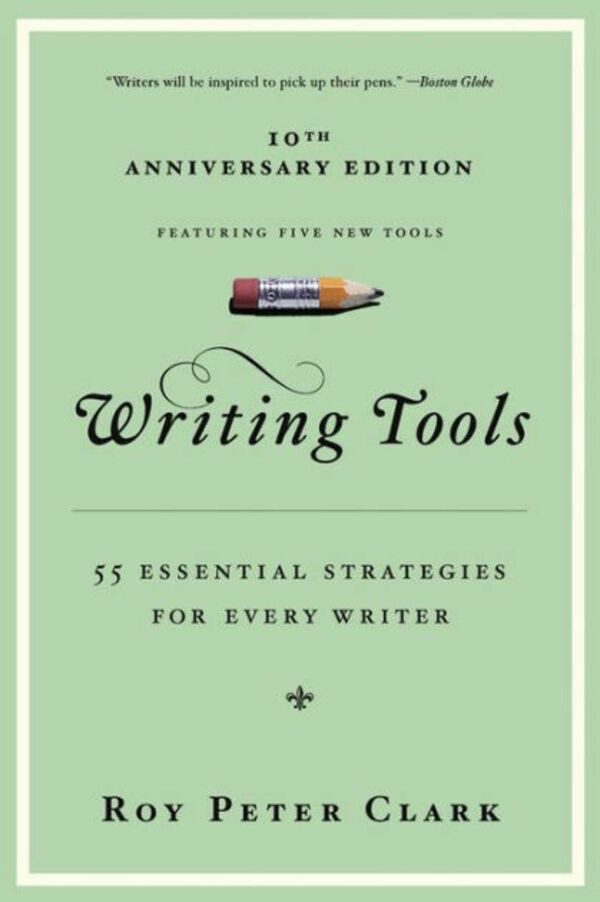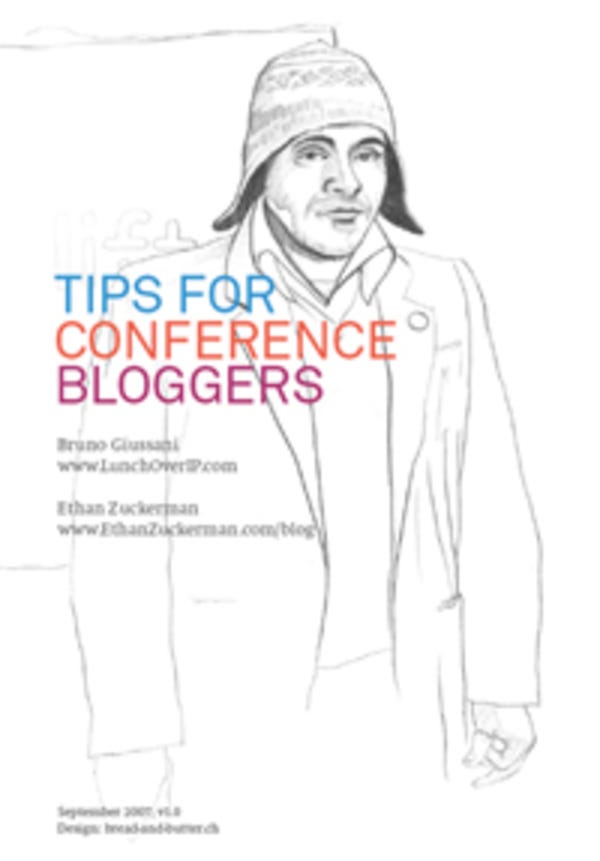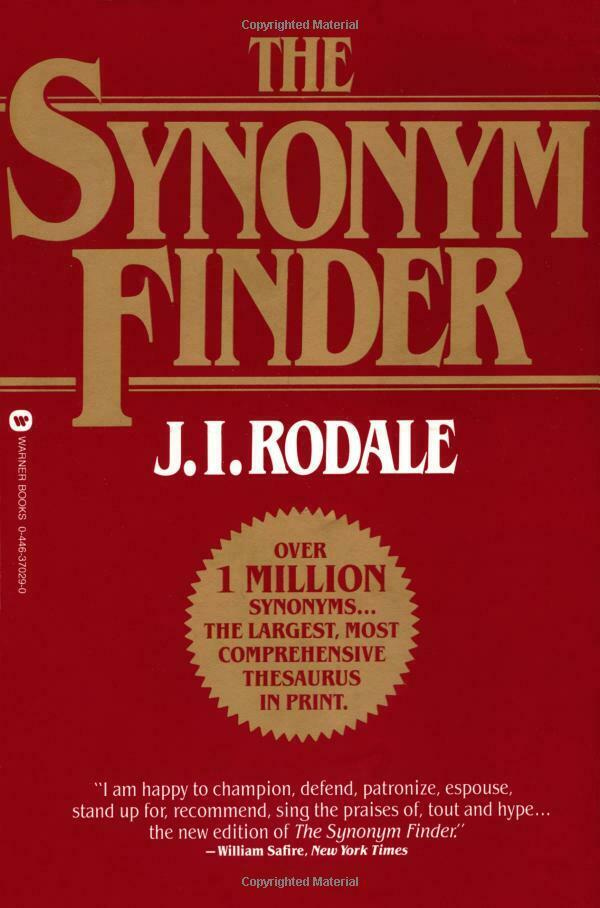Jordan Calhoun, Deputy Editor at Lifehacker
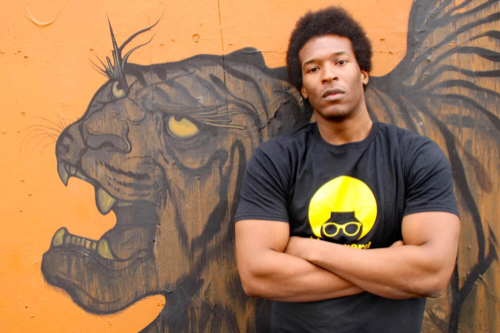
Cool Tools Show 267: Jordan Calhoun
Our guest this week is Jordan Calhoun. Jordan is the deputy editor of Lifehacker and author of the upcoming book Piccolo Is Black: A Memoir of Race, Religion, and Pop Culture. You can find Jordan on Twitter and Instagram @JordanMCalhoun.
Subscribe to the Cool Tools Show on iTunes | RSS | Transcript | See all the Cool Tools Show posts on a single page
Show notes:
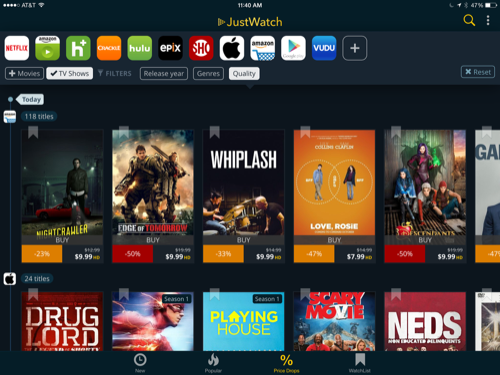
JustWatch
You know how they say that you only use 10% of your brain? I don’t know how true that is, but I feel that I only use about 10% of JustWatch and that there’s a whole world that you can get from it. JustWatch, as a site, is something that you can use to search for TV and movies across streaming platforms. One thing that was missing before JustWatch was being able to know if there’s a certain movie that I’m looking for where I can find it. You can obviously Google it, just sort of one-off, and sometimes you’ll find lists that are outdated because those things change all of the time. You’ll see something that’s going to be on Netflix or Hulu one day, will not be there the next month, so since it’s always transient, it’s really annoying to not have a centralized place to be able to find this stuff. JustWatch is a centralized place. If I wanted to find out where to watch Face/Off, one of the greatest action movies of the ’90s, I would be able to just plug that into JustWatch and it’ll tell me where exactly it’s available, where it’s streaming, where I can buy it, all of that type of thing. You can tell JustWatch the type of mood that you’re in or the types of things that you really enjoy, and if you give it enough preferences, then it’ll spit out things that are related to those. It’ll tell you things that are comparable and it will give you some context on why they feel it’s comparable. It’s a really good discovery tool that’s absolutely great if you find yourself spending a lot of time with sort of the paralysis that comes with how much choice we have and what it is we can watch.
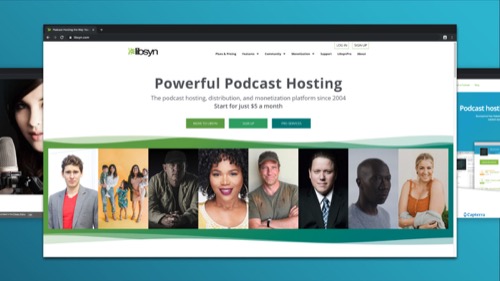
Libsyn Podcast Hosting
For people who are interested in starting podcasts or already have a podcast. There’s a few ways that you could go about it if you want to start a podcast. The way that most people begin when they’re first getting their feet wet is when, I’m speaking specifically for distribution, you can go through the process with Apple Podcast and with Spotify and with Stitcher and for NPR One and for all of the different places that people listen to podcasts. If you want to do it a whole lot faster and have a concentrated sort of streamlined place to do that for you, then I found Libsyn or any sort of podcast hosting-type site is going to be worth the amount of money that you’ll spend on it. If you end up having one of these distributors for podcasts, you can upload it once. You’ll set it up everything sort of the first time that you set up your podcast on the site and you’ll choose which podcast apps you want your podcast to automatically go out to. It takes a one-time setup, and then from then on whenever you upload a new episode, it will automatically push out to all of the different places that you would want your podcast to be published. It’ll automatically push out to Apple Podcast, Stitcher, Spotify, wherever else, without you having to manually go to Google Play and then manually going to Apple Podcast and then manually go to Stitcher and manually go to Spotify. Then, there’s obviously going to be metrics and things that you can track, but it’s a way to just have a streamlined process for distributing your podcast and making sure that you’re capturing a wide net. There’s so many different apps out there and so many different sites and places where people sort of have their preference for where they like to listen to podcasts. To be able to capture that wide net, you’re either going to spend a lot of time creating an account with each one of them, or you can just have someone do it for you. The someone that I have used in the past has been Libsyn and that has been an excellent resource and it’s a whole lot faster than doing it the long way.
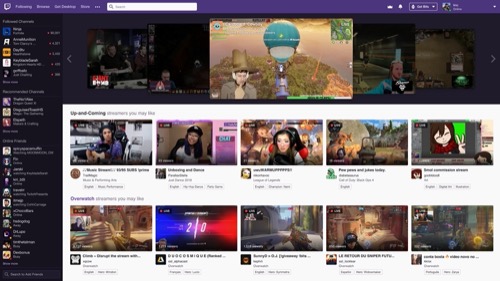
Twitch TV
This one is very much related to the pandemic for me, something that has happened in my life since I live in New York. I live in a small apartment. Since the pandemic started, I haven’t traveled much and I haven’t seen my friends and my family physically as much, but there has been something that’s made me feel as if I’ve seen them really often, and that has been interacting with them and playing video games together and being able to see them on Twitch while we do it. Anyone’s children at this point will be more familiar with Twitch than most parents. Most of your kids, you’ve seen them watching other people playing video games, and there’s two primary places that you’ve probably seen them watch video games, one of them being YouTube and the other one being Twitch. They’re basically competitors at this point. There’s YouTube Live where people will stream, and then there’s Twitch, where people will stream their video games.The thing with Twitch is that it’s evolved from being something that’s only basically used for streaming video games to now being a site that’s for a lot more things, including if someone’s recording a podcast and they want to stream that podcast live, what they might do is do the livestream interview on Twitch and then later have that audio and make it into a podcast. There’s also game nights that people then play together if you’re playing an online game and it’s something that strangers can jump in and participate in or be a part of the audience. We see each other and we get the type of interaction and experience as close as possible to what we might have if it weren’t the pandemic and if we were just hanging out together and playing video games and having a conversation. It’s been a really good way to stay in touch with people over a shared experience aside from just looking at each other and having a conversation over a Zoom call.

Goodreads
If I read 30 books this year and want to look back to see what I thought about them, that’s what Goodreads would be used for. Since then, Goodreads was bought by Amazon, and with that Amazon money, it became a whole lot of things. At its core, it’s still an online bookshelf, but there is a whole lot more that comes with Goodreads now that it’s part of Amazon. There’s book giveaways that happen, people use it as a discovery tool to find things to read, to get recommendations. People write a lot of reviews there. It’s powerful and important enough that the success of a book is probably more affected by its rating on Goodreads than it would be on Amazon. I would say a positive review or a positive page on Goodreads probably pales in comparison to being listed on The New York Times Bestseller List, but Goodreads is definitely a place that people go to log their books and to find out what their friends are reading and what their friends thought about books. Early on, and this is something that I continue to use Goodreads for, is they’ve always had this feature where I list the books that I read, you guys can list the books that you read, and if I wanted to, I could click on your profile, I could find the feature that says, “Compare Books.” Then, I could see, “These are the books that Mark read that I also read, and this is what Mark thinks about those books versus what I think about those books.” If there’s any overlap in our Venn diagram of reading habits, I could say, “Oh, Mark loved this book and I hated it.” Or, “Mark hated this book and I loved it,” and it’ll give you a percentage of how similar your reading tastes are. I could know whether I want to accept a recommendation from Mark based on our reading tastes being so similar. “Oh, we read so many of the same books and we thought the same things about them. He’s recommending me this book, it’s a fair bet that he’s right, that it’s something that I’m going to enjoy.”On the other hand, if I’m looking and comparing myself to Kevin and his books, we only have two books in common because we clearly don’t read the same things and we rated them vastly different, then it’s like, “Oh, okay, I have an idea of his reading tastes, I have an idea of my reading tastes.” It’s a good way to interact with literature and reading while also interacting with your friend and seeing what they think about what it is that you’re reading.
A little about the upcoming book: Piccolo Is Black: A Memoir of Race, Religion, and Pop Culture
I’m finishing a book due this year, which is a memoir about race, religion, and pop culture. A lot of my writing is based on pop culture analysis, and writing the book has been the major focus of my past year. The book is about my time growing up and forming an identity in a particular context. That context is one of a deeply religious family and also one where I loved pop culture as a kid. I loved cartoons. I loved anime. I loved comic books. I still love those things, but it was growing up in a time where those things did not have very diverse representation. The book is about forming an identity in the context of pop culture where you’re learning a lot about yourself through characters and you’re learning a lot about race. You’re doing certain mental gymnastics to try to make sense of the world through the stuff that entertains you as a kid, which is cartoons and entertainment.
We have hired professional editors to help create our weekly podcasts and video reviews. So far, Cool Tools listeners have pledged $390 a month. Please consider supporting us on Patreon. We have great rewards for people who contribute! If you would like to make a one-time donation, you can do so using this link: https://paypal.me/cooltools.– MF
02/26/21





